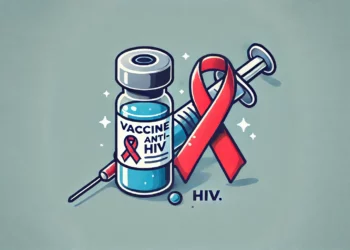Almost 70% of HIV-infected people in the US are either undiagnosed or not receiving care; this population is responsible for 91.5 percent of all infections, according to the CDC.

When it comes to HIV transmission rates, the most common culprits are, by far, the undiagnosed people and the ones who aren’t taking treatment. If we could find them, diagnose them and start them on adequate medication, not only would their life expectancy improve significantly, but we could drastically reduce new cases.
“By quantifying where HIV transmissions occur at each state of care, we can identify when and for whom prevention and treatment efforts will have the most impact,” Jonathan H. Mermin, MD, MPH, director of the CDC’s National Center for HIV/AIDS, Viral Hepatitis, STD and TB Prevention, said in a press release. “We could prevent the vast majority of new infections tomorrow by improving the health of people living with HIV today.”
Mermin and his team conducted the analysis on the year 2009, and found that in that year, more than 207,000 people were infected with HIV. Another 519,000 had received a diagnosis and perhaps some treatment, but were not retained in care. According to the analysis, 30% of new HIV infections were attributed to those who were undiagnosed; over 60% of cases were caused by diagnosed people but who aren’t currently receiving any treatment.
Sadly, it’s often the people who also have significant other problems that don’t get the treatment – either the ones with mental problems, substances abuse or simply lack of money. Incarceration was also an issue.
“At times, there are obstacles to accessing care in the United States to HIV,” he said in an interview. “Many of these people were initially engaged, or fell out of care.”
According to the study, reducing transmission rates can be done if we focus on these cases.
“If all the people with HIV who either don’t know they have the virus or are not receiving HIV clinical services were receiving care and treatment, we could expect a 90 percent reduction in new HIV infections in the United States,” Jonathan Mermin, director of the National Center for HIV/AIDS, Viral Hepatitis, STD and TB Prevention at the Centers for Disease Control and Prevention, and one of the authors of the study, wrote in an e-mail. “That is a goal worth striving for.”
Journal Reference: Jacek Skarbinski et al. Human Immunodeficiency Virus Transmission at Each Step of the Care Continuum in the United States ONLINE FIRST. JAMA Intern Med. Published online February 23, 2015. doi:10.1001/jamainternmed.2014.8180






